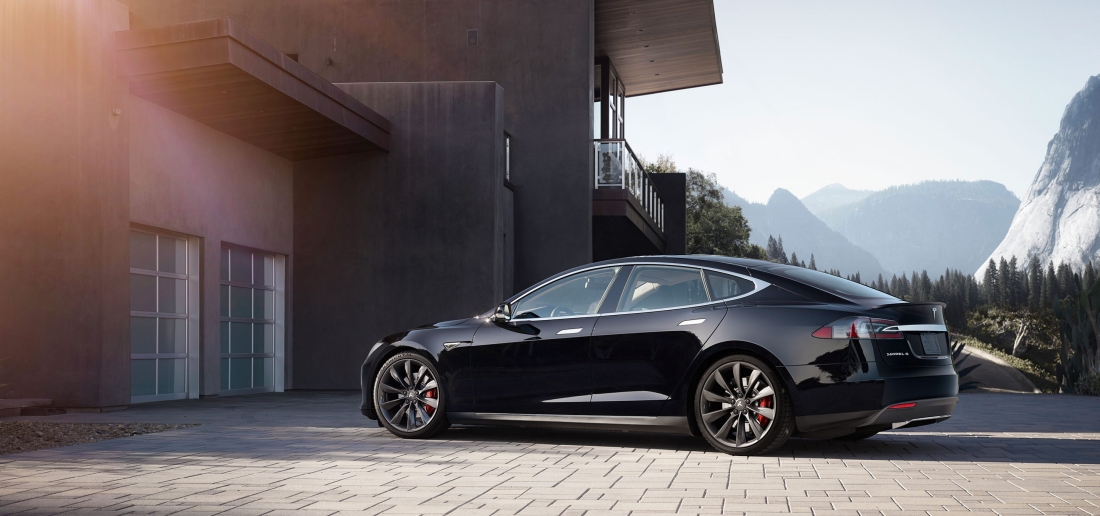Tesla owners in the US are eligible for various incentives for purchasing an electric vehicle. It's quite the opposite situation in Singapore, however, as one local recently found out.
Joe Nguyen has spent the past several months trying to import the Tesla Model S he purchased in Hong Kong to his home country. Nguyen anticipating receiving a rebate of S$15,000 (~$11,000) as the car has no exhaust pipe and thus, no emissions. Instead, he was hit with a fine of S$15,000 courtesy of the nation's Carbon Emissions Vehicle Scheme (CEVS).
A spokesperson for the Singapore Land Transport Authority (LTA) told Channel NewsAsia that the Model S in question was tested under the United Nations Economic Commission for Europe (UNECE) R101 standards. That test determined that the Tesla vehicle used 444 watt-hours per kilometer driven.
The LTA spokesperson provided the publication with the following explanation.
"As for all electric vehicles, a grid emission factor of 0.5 g CO2/Wh was also applied to the electric energy consumption. This is to account for CO2 emissions during the electricity generation process, even if there are no tail-pipe emissions. The equivalent CO2 emission of Mr Nguyen's car was 222g/km, which is in the CEVS surcharge band."
Or in other words, they're factoring upstream emissions - the environmental impact of producing the electricity to power the car - into the equation. Autoblog also points out that the top-of-the-line Tesla Model S P90D is rated to consume around 210 watt-hours per kilometer driven.
Update: Tesla has reached out and provided us with the following statement on the matter.
The Model S that our customer imported into Singapore left our factory in 2014 with energy consumption rated at 181 Wh/km. As the Land Transport Authority has confirmed, this qualifies as the cleanest possible category of car in Singapore and entitles the owner to an incentive rather than a fine.
Model S achieves this result because CO2 emissions in gas-powered cars are far higher than in electric cars. In Singapore, electricity generation releases roughly 0.5kgCO2/kWh. Based on energy consumption in Model S of 181 Wh/km, this results in 90 g CO2/km. Driving an equivalent gas-powered car like the Mercedes S-Class S 500 results in emissions of approximately 200 gCO2/km. And because of oil extraction, distribution, and refining, approximately 25% more has to be added on top of that to calculate the real carbon footprint of gas-powered cars. That means an electric car like the Model S has almost three times lower CO2 per km than an equivalent gas-powered car. Moreover, as Singapore increases the percentage of grid power from solar and wind, the CO2 from electricity drops with each passing year.
We are having cooperative discussions with the LTA to ensure a proper understanding of these issues and to make sure that they are correctly testing our customer's Model S. Based on the positive nature of those discussions, we are confident that this situation will be resolved soon.
